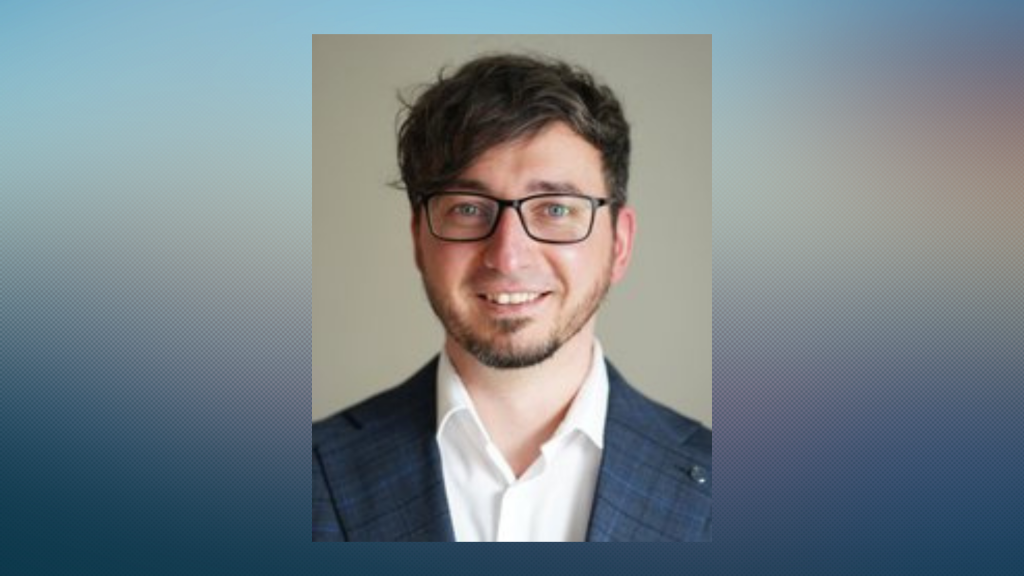Education and (Digital) Media – how Schools Become Resilient through Cultural Change
Startseite » Education and (Digital) Media – how Schools Become Resilient through Cultural Change
Education and (Digital) Media – how Schools Become Resilient through Cultural Change
In the latest episode of the science podcast “Forsch!” by the Braunschweiger Zeitung and the ForschungRegion Braunschweig, Dr. Andreas Weich from the Leibniz Wissenschafts Campus is a guest. In conversation with Jeremias Othman, he reports on schools in transition.

The Fly in the Ointment
At the beginning, the guest and host talk about research areas and focuses and explain the concept of post-digitality. Andreas Weich is researching post-digital media use in schools at the Leibniz Institute for Educational Media. In cooperation with project schools, the central questions for him are: “Where is the fly in the ointment for you? What do you want to do with (digital) media?”
What are Media Anyway?
Often, the first step is to agree on the concept of media. According to Weich, today we mostly mean digital media when we say “media” without explicitly saying so. But media are not exclusively digital. A book, for example, is also a medium. He defines the term media more broadly and summarizes it as “a lot of things that are on different levels. Media are not objects, but constellations in which different things come together.” If you look at a school lesson, different constellations can occur here, which in turn are composed of various materialities (such as books or smartphones), subject positions (the students and teachers) as well as knowledge (learning content) and practices (teaching methods).
School in Transition – Post-Digital Instead of Digital
He is also critical of the assumption that our education system is lagging behind if not enough digitization has been introduced. Instead of equating progress with digitality, he suggests thinking of school as ‘post-digital’. This means that digital things are present everywhere in everyday school life, e.g. the copier with which the worksheet can be quickly duplicated. “The digital is always present today.” At the same time, the expression of post-digitality is understood as an impetus for reflection. We have to ask ourselves “Where do digital media make sense at all?” Because digital does not necessarily have to be accompanied by an increase in learning and one must not forget the political and cultural problems that can go hand in hand with it; just like the new players in the classroom: for companies like Microsoft, Apple and Google, integration into everyday school life opens up completely new sales markets.
Resilient School
At the end of the podcast, both interviewees discuss the concept of the resilient school once again. So how can a school prepare itself for teacher shortages, hybrid teaching and the sensible use of media? The project schools in Braunschweig would show that the challenges differ individually from one another. These range from network connection and equipment difficulties to pedagogical integration and maintenance. A one-size-fits-all solution does not exist. Even basic shortcomings, such as a lack of teachers, can hardly be compensated for with digitization. Rather, Weich emphasizes, things that work well should be incorporated into regular operations, such as internal mini-training courses in the staff room. External offers, such as hackathons, visits to extracurricular learning locations and cooperation with research can also be an effective instrument.
At the same time, one should always keep an eye on whether the relationship between teachers and students changes, e.g. when bots replace tasks of the teacher. The central question is: “What does it do to the self-esteem and self-image of students to be exposed to a machine?”
The podcast “Forsch! – Science in Conversation” is a cooperation between the ForschungRegion Braunschweig and the Braunschweiger Zeitung. The moderators of ForschungRegion and Braunschweiger Zeitung talk to actors in the region about their research, their person – and about current social, political and ethical questions and debates.
Listen directly here or stream on Spotify, Apple Podcasts or Deezer.
Further links: https://www.gei.de/
https://www.braunschweig.de/innovationsportal/auf-eine-limo-mit/aelm-macgilchrist.php
